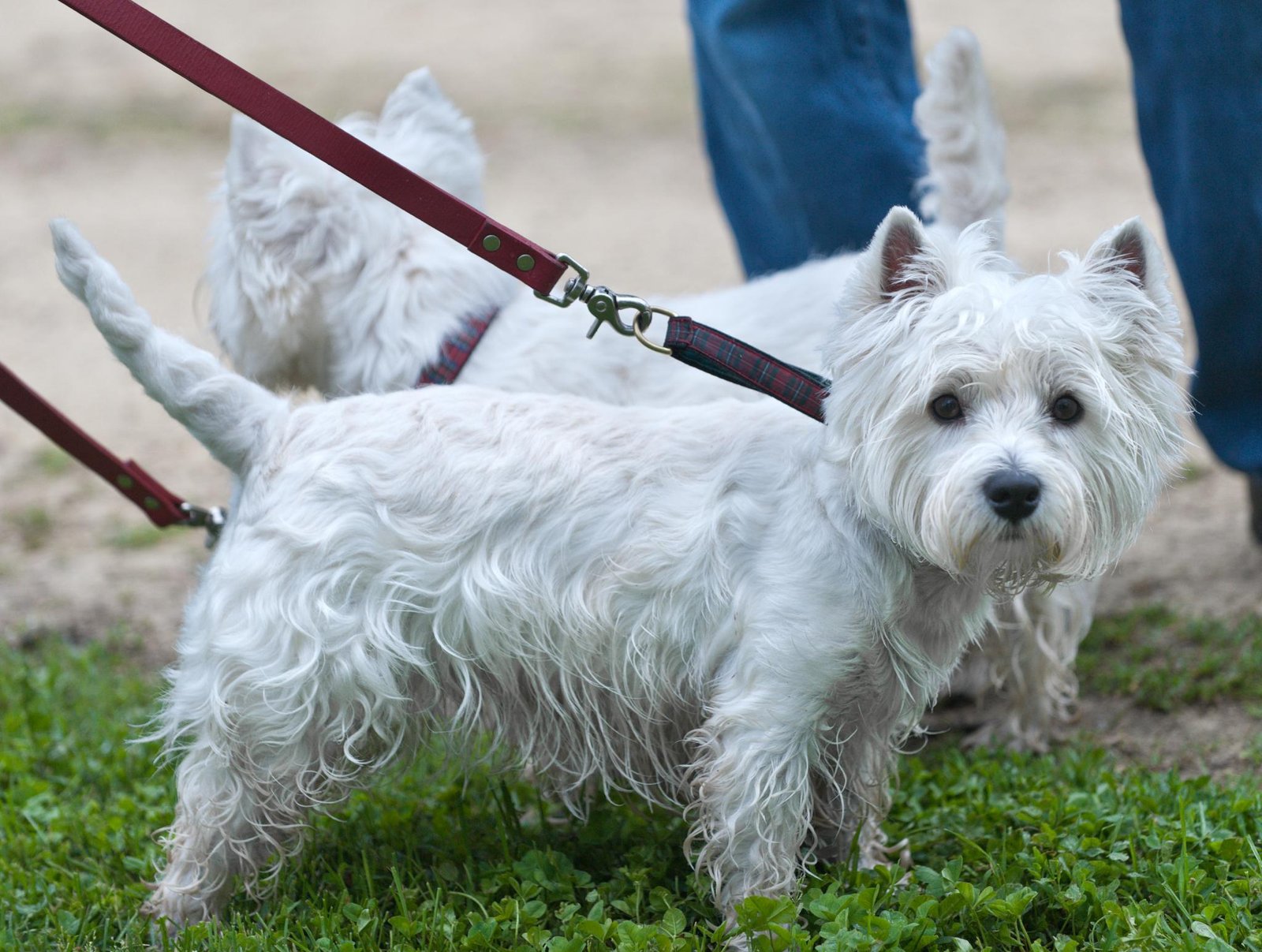Small dogs might come in tiny packages, but some pack a surprisingly big attitude! Breeds like the Chihuahua, Dachshund, and Jack Russell Terrier often get labeled as aggressive—but that doesn’t mean they can’t become well-mannered companions. With consistent training, early socialization, and positive reinforcement, these feisty pups can learn to channel their energy in healthier ways. Many small breeds act out due to fear or frustration rather than true aggression, which means they respond especially well when you build trust and structure. They’re smart, alert, and eager to please once you earn their respect. Don’t let size fool you—these dogs are trainable, loyal, and often thrive with dedicated guidance. With the right approach, even the sassiest little dogs can become calm, confident, and loving members of the family.
Jack Russell Terrier
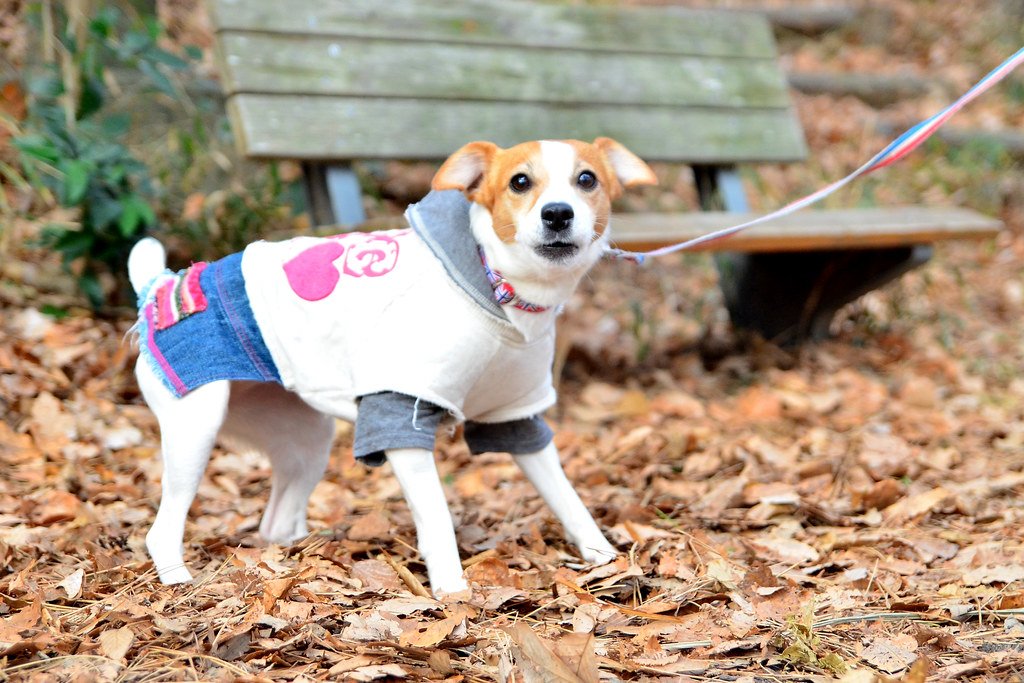
Jack Russell Terriers are bursting with energy and confidence, making them one of the most spirited small breeds around. They were originally bred for fox hunting, so that bold attitude runs deep. This can sometimes come across as aggression, especially if they don’t get enough exercise or mental stimulation. You might notice them barking at strangers or getting a bit too enthusiastic during play.
The good news is, Jack Russells are highly intelligent and love a challenge. With consistent training that uses positive reinforcement, they quickly learn boundaries and commands. Lots of active play and puzzle toys go a long way in keeping them happy and out of trouble. These little dynamos thrive when given a job to do and plenty of attention, making them loyal companions for active families.
Miniature Schnauzer
Miniature Schnauzers might look like distinguished old men with their bushy eyebrows and beards, but don’t be fooled — they’re alert, bold, and sometimes downright stubborn. Their watchdog instincts can make them a bit snappy or territorial, especially around other dogs or strangers.
Despite their tough exterior, Miniature Schnauzers are eager to please their owners. They respond well to structured training sessions that mix firmness with lots of praise and treats. Socialization from a young age is key, helping them learn to relax around new people and pets. With the right guidance, that stubbornness turns into loyalty and sharp intelligence that shines in obedience classes.
Chihuahua
Chihuahuas may be the smallest dog breed, but their personalities are anything but tiny. Protective and sometimes suspicious of strangers, they’re known for their big-dog attitude in a tiny frame. This can sometimes lead to nipping or excessive barking if they feel threatened.
Chihuahuas bond deeply with their humans and are surprisingly quick learners. Gentle, patient training helps curb their more aggressive impulses and builds trust. Socializing them early with people and other pets can help mellow out their feisty side. Their devotion and cleverness mean they can become loving, well-adjusted pets with the right approach.
Dachshund
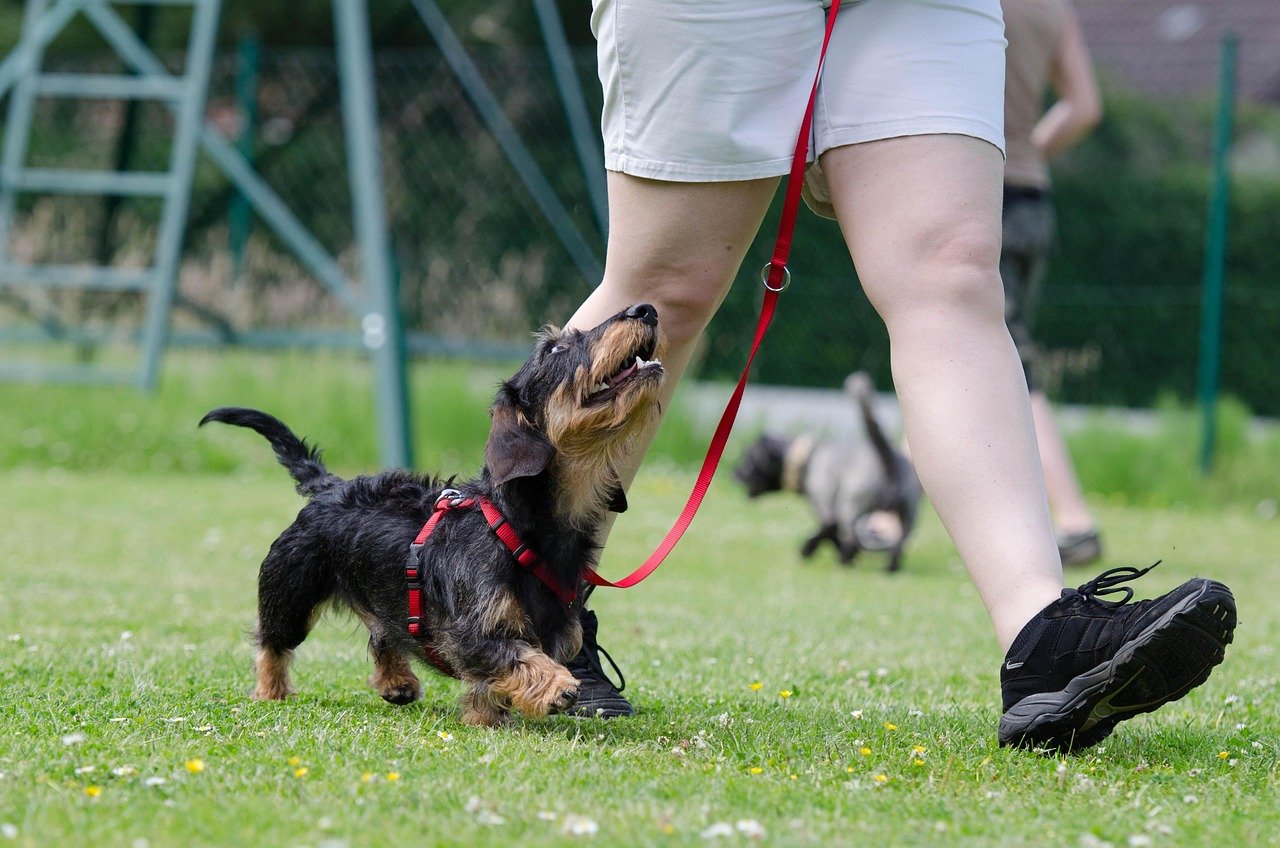
Dachshunds, with their long bodies and short legs, are undeniably adorable but can be fiercely independent. Bred for badger hunting, they’re brave to a fault and can sometimes react aggressively if startled or challenged. You might see resource guarding or stubborn behavior, especially if they’re not getting enough stimulation.
Despite their boldness, Dachshunds are eager to connect with their owners. They respond best to positive reinforcement training — harsh methods only make them dig in their heels. They thrive on routines and clear rules, and their intelligence makes them quick to pick up on commands. With patience and consistency, their stubborn streak becomes endearing instead of exasperating.
Pomeranian
Pomeranians are tiny fluffballs with huge personalities. Their alertness and curiosity make them excellent watchdogs, but this can sometimes show up as yapping or snapping at strangers. Their small size doesn’t stop them from trying to boss around bigger dogs or even their owners.
Training a Pomeranian is all about setting boundaries and being consistent. They love to perform and respond well to positive attention, so short, fun training sessions work wonders. Socialization helps them feel more secure and less likely to overreact. With the right approach, their confidence and affection make them delightful companions.
Yorkshire Terrier
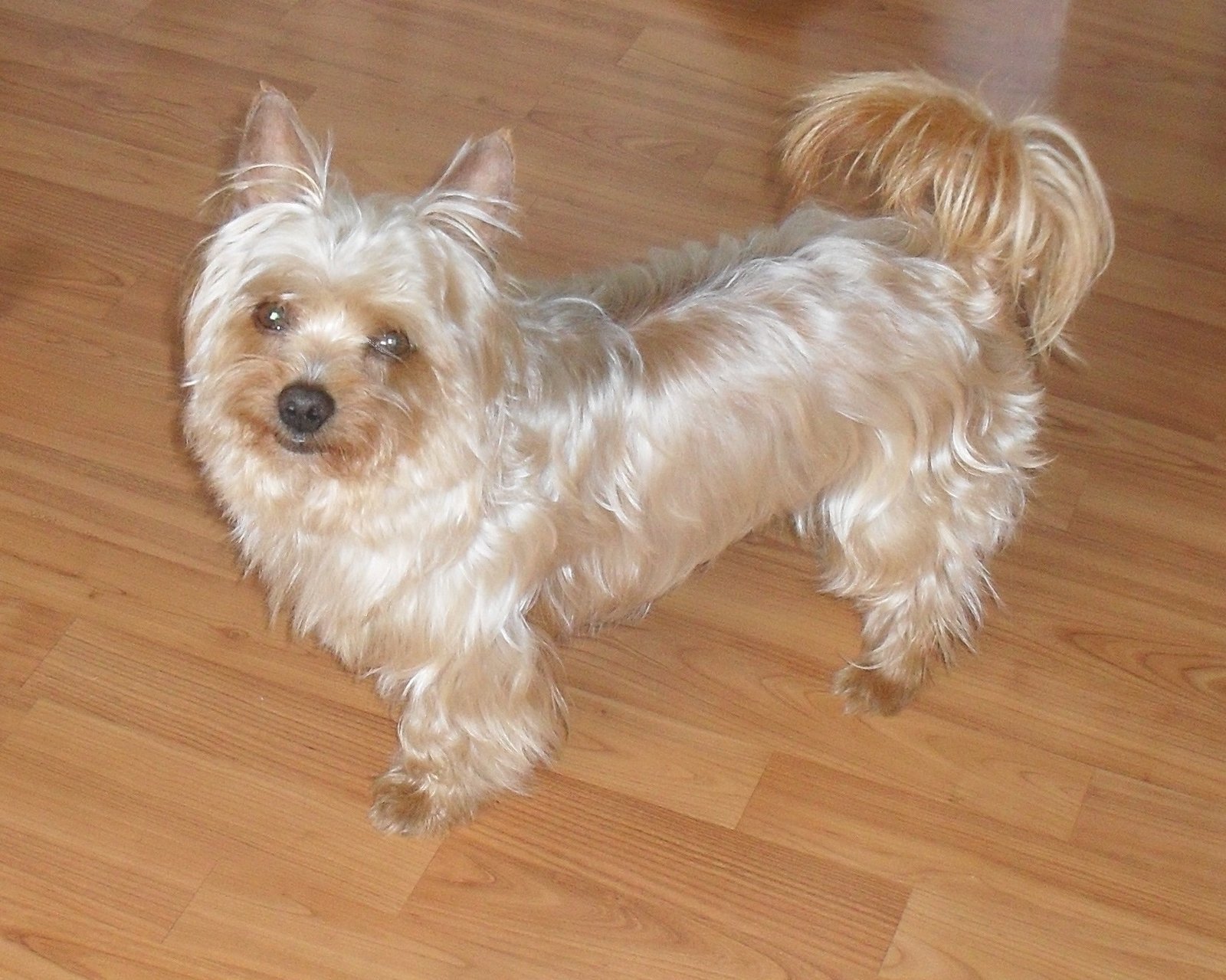
Yorkshire Terriers, or Yorkies, are famous for their silky coats and feisty attitudes. Though they look dainty, they’re known for their bravery and strong-willed nature, which can tip into aggression if not managed. They can be territorial and sometimes distrustful of strangers or other animals.
What makes Yorkies stand out is their intelligence and desire to please their people. Early socialization and reward-based training help them channel their energy into positive behaviors. They thrive on attention and love learning new tricks, making them stars in obedience classes. When their big personalities are guided with love and patience, they become loyal friends.
Scottish Terrier

Scottish Terriers, or “Scotties,” are dignified and independent, with a reputation for stubbornness. Their protective nature can sometimes lead to aggressive displays, especially if they feel their territory is being threatened. They may be wary of strangers or other pets if not properly socialized.
Scotties are surprisingly sensitive and respond best to calm, consistent training that builds trust. They appreciate routines and clear expectations, and their intelligence means they pick up on commands quickly. Socialization is vital, helping them feel comfortable in different environments. With the right balance of firmness and affection, their loyalty shines through.
Shih Tzu
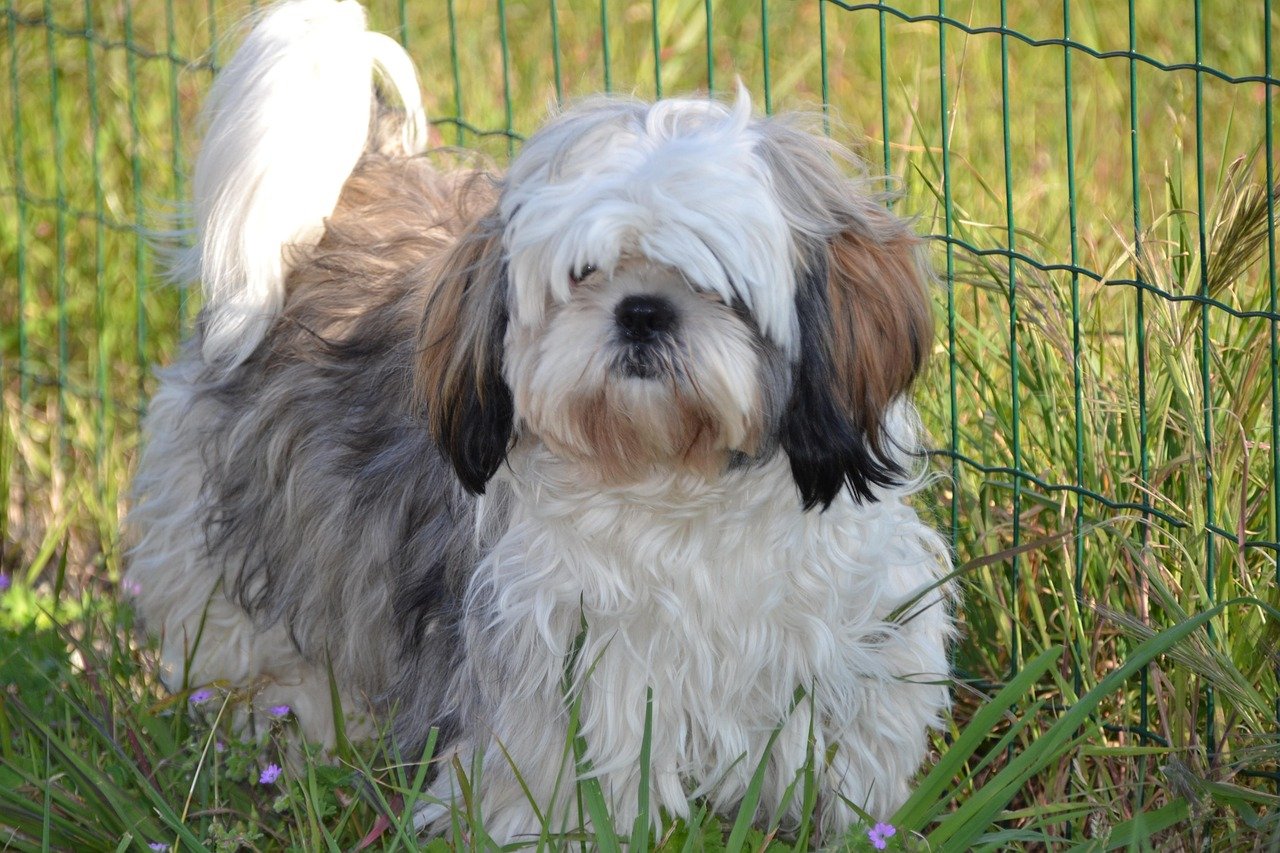
Shih Tzus look like living teddy bears, but under that cute exterior, they can be quite assertive. While not aggressive by nature, they may become snappy if they feel disrespected or overwhelmed. Their small size sometimes leads people to spoil them, which can encourage pushy behavior.
Shih Tzus thrive on gentle, positive training that focuses on building trust. They love routine and respond well to rewards and praise. Consistent socialization helps them feel more confident and less likely to react out of fear. With patience and understanding, they reveal their loving, playful side.
West Highland White Terrier
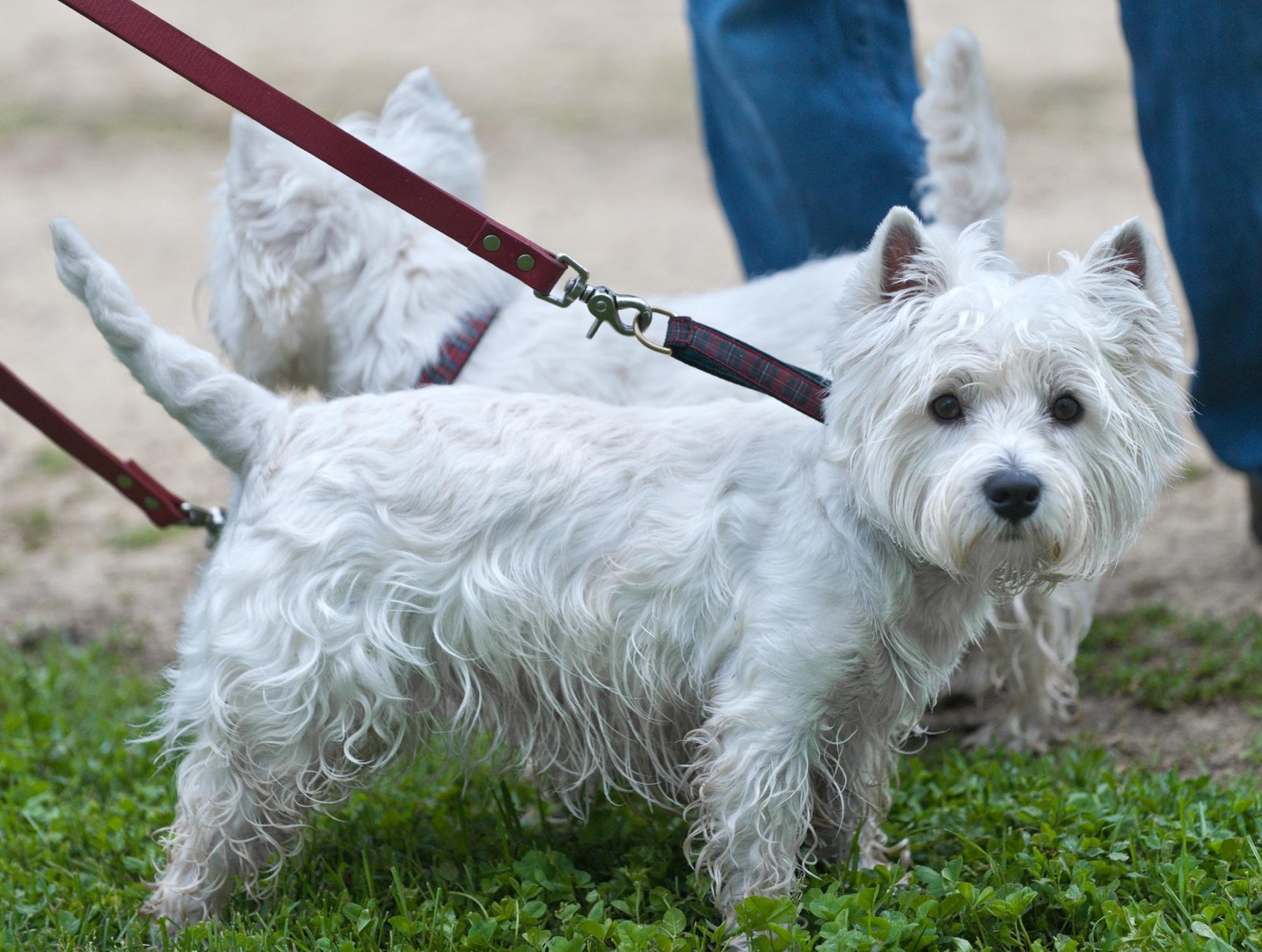
The West Highland White Terrier, or Westie, is a bundle of energy and boldness. Their playful, curious nature sometimes gets them into trouble, and they can be stubborn or even snappy if they’re not getting enough attention or exercise.
Training a Westie requires a mix of patience, firmness, and fun. They respond well to structured routines and love learning new things. Socializing them with other dogs and people from a young age helps prevent aggressive tendencies. When given enough activity and affection, their lively spirit and loyalty shine brightest.
Pekingese
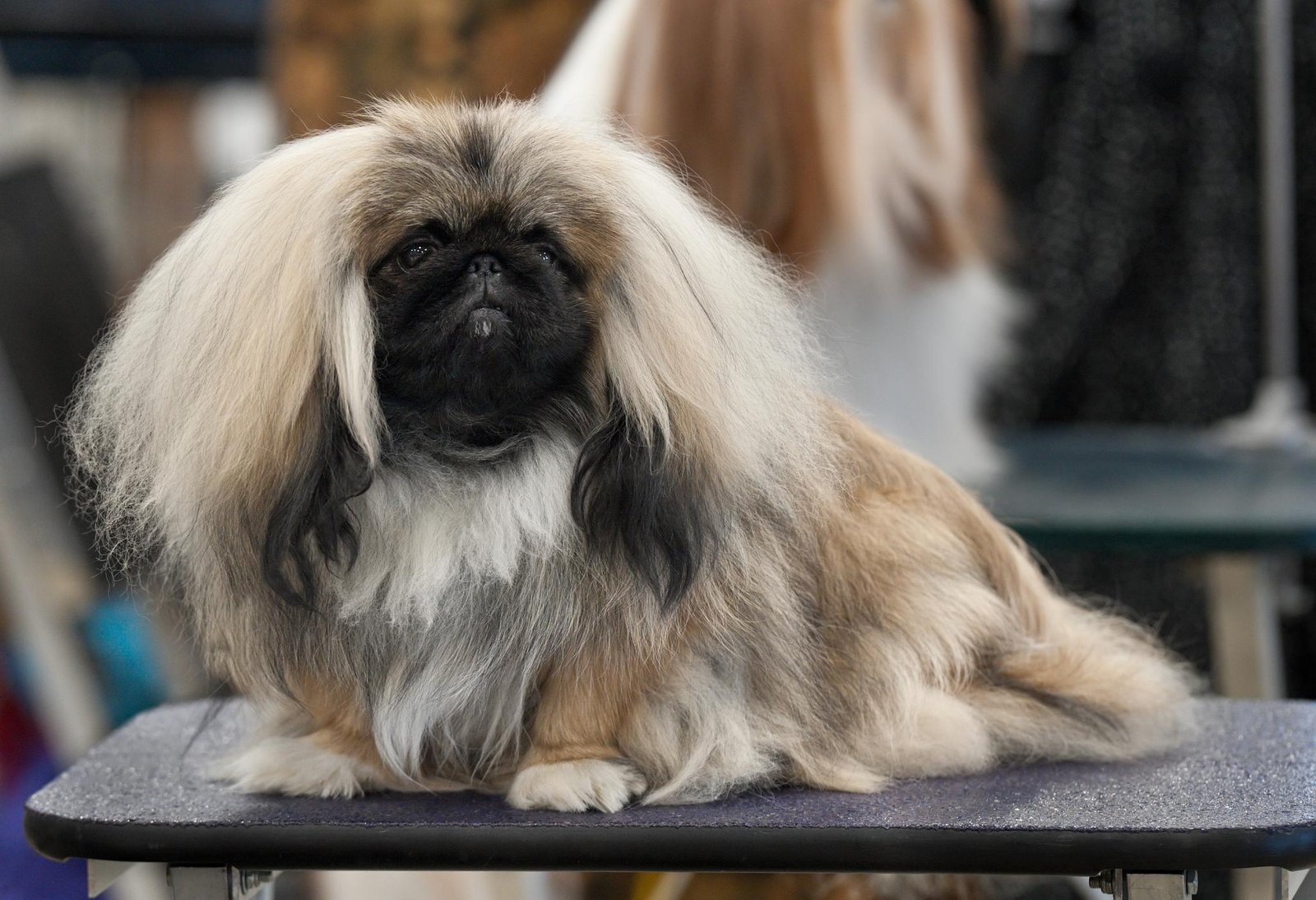
Pekingese dogs carry themselves like royalty — and sometimes act like it, too. Their proud, independent streak can show up as stubbornness or aggressive behavior, especially if they feel crowded or disrespected. Some may be wary of children or other pets.
Despite their strong personalities, Pekingese are deeply devoted to their families. They respond best to patient, gentle training and lots of positive reinforcement. Setting boundaries early on and socializing them often helps them feel secure and less likely to react defensively. When they feel loved and respected, their affectionate side blossoms.
Cairn Terrier

Cairn Terriers are small but mighty, with a fearless spirit that sometimes gets them into trouble. They’re naturally curious and can be territorial, barking or snapping if they feel their space is being invaded. Their hunting background means they’re always alert and ready for action.
Cairn Terriers love mental challenges and respond well to training that keeps things interesting. Positive reinforcement, along with clear boundaries, helps them learn quickly. Socialization is important, teaching them to be comfortable around new people and situations. With consistency and patience, their playful, loving nature comes to the forefront.
Boston Terrier
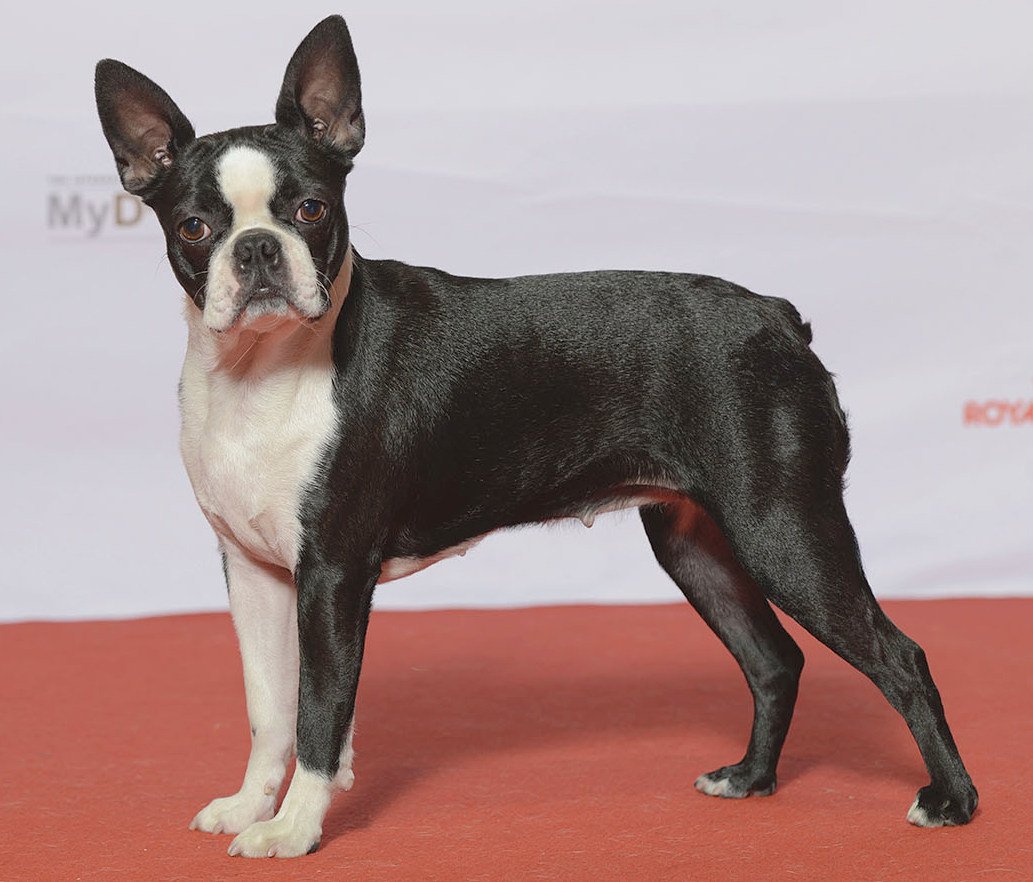
Boston Terriers are known for their tuxedo-like markings and fun-loving personalities. While generally friendly, some can develop guarding behaviors or become overly protective, which may come off as aggression. They can be stubborn, especially if not given enough attention.
Boston Terriers are eager to please and thrive on praise and play. Positive training methods work best, and early socialization helps prevent any territorial tendencies. They love being part of the family and enjoy activities that keep them engaged. With patient training, their affectionate, gentle side shines through, making them wonderful companions.
French Bulldog
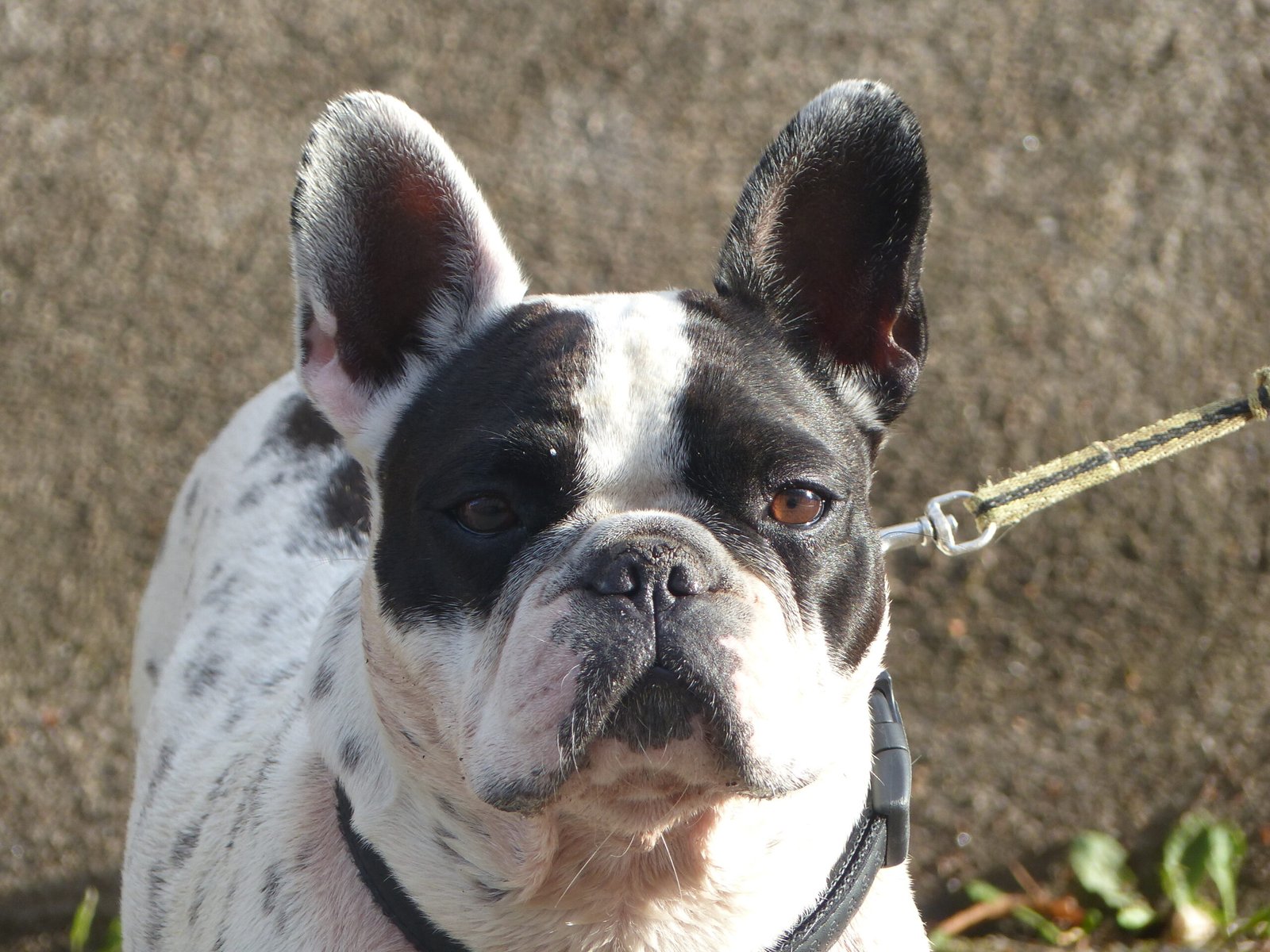
French Bulldogs are charming and comical, but their stubborn streak can sometimes lead to aggressive behavior if not managed well. They can be possessive of their people and may react strongly to unfamiliar dogs or situations. Their compact size masks a surprisingly bold personality.
French Bulldogs respond best to firm, loving guidance and lots of positive reinforcement. Short, enjoyable training sessions keep them interested and help reinforce good behavior. Socialization from a young age is key, helping them feel comfortable and secure. With the right approach, their playful, loving nature makes them irresistible family members.
So, while some small dogs might come with a big personality, that doesn’t mean they’re beyond help. With patience, consistency, and a bit of humor, these spirited pups can become some of the best-behaved companions around. The key is understanding their needs and channeling their energy the right way. With the right training, even the feistiest little dog can turn into a well-mannered sidekick who still keeps life interesting!

